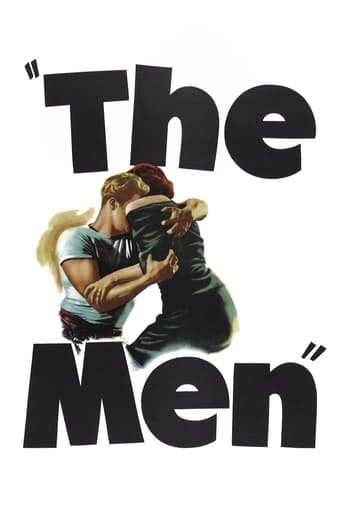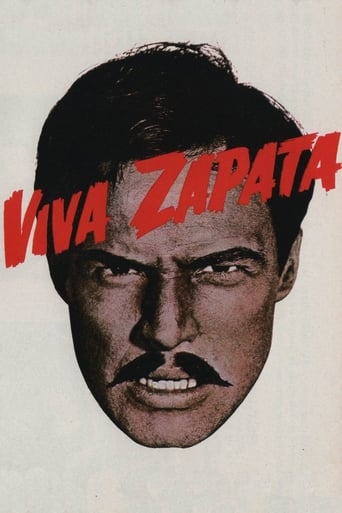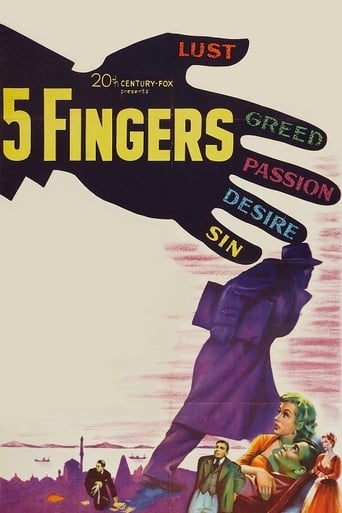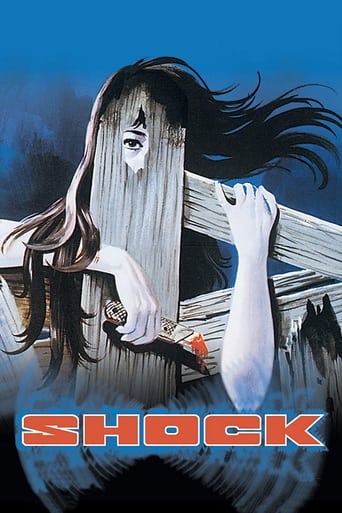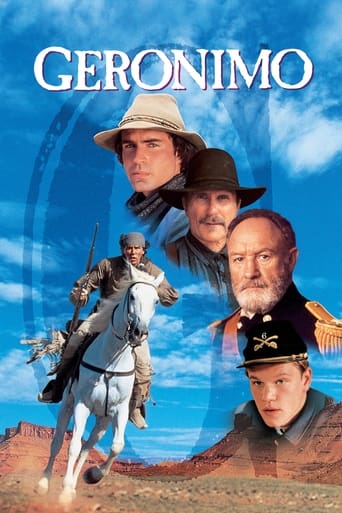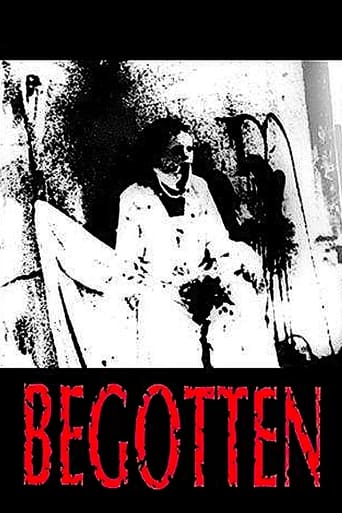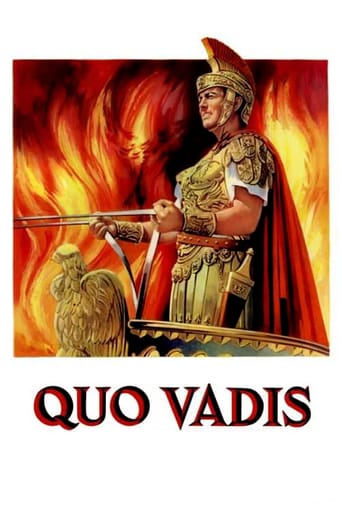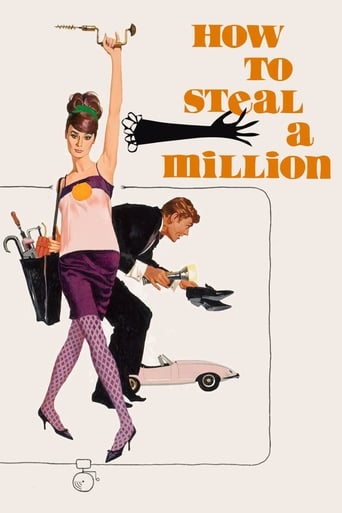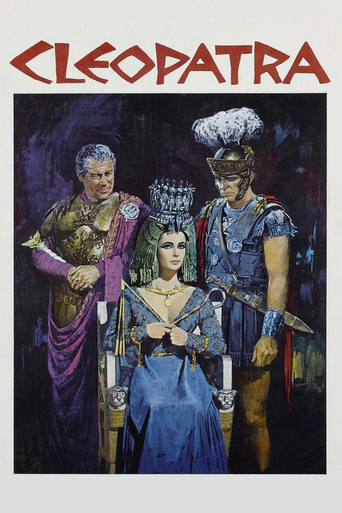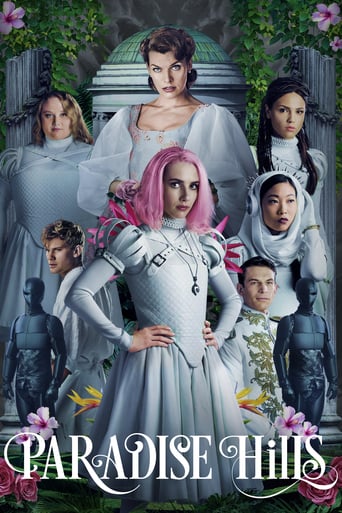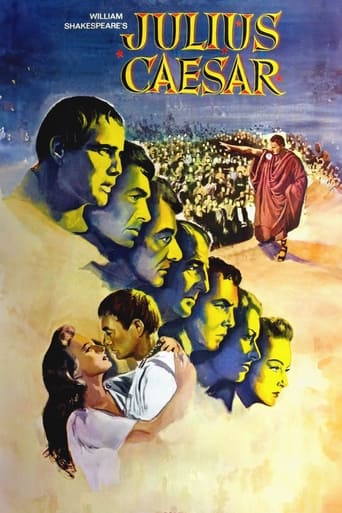


Julius Caesar
The assassination of the would be ruler of Rome at the hands of Brutus and company has tragic consequences for the idealist and the republic.
-
- Cast:
- Marlon Brando , James Mason , John Gielgud , Louis Calhern , Edmond O'Brien , Greer Garson , Deborah Kerr


Similar titles
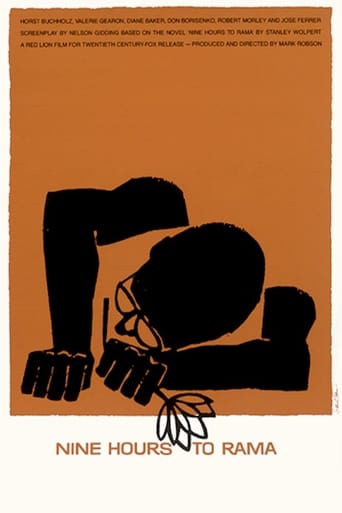

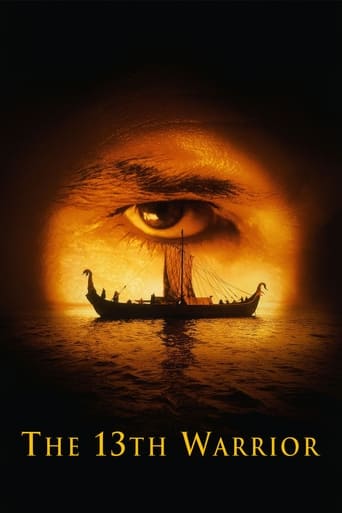
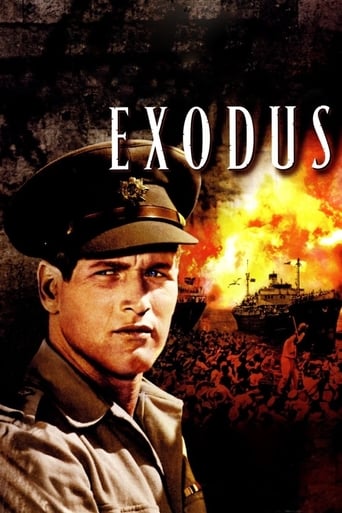
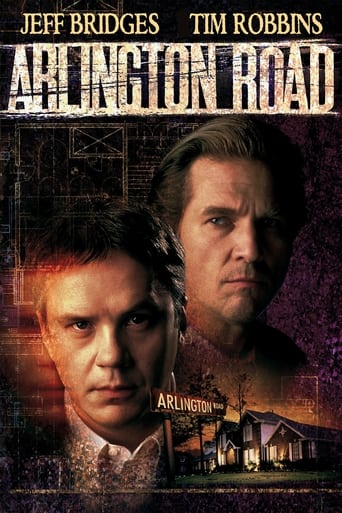
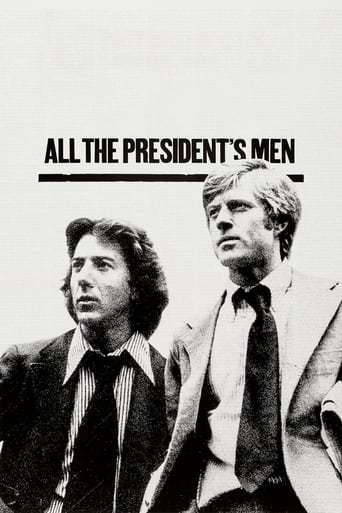

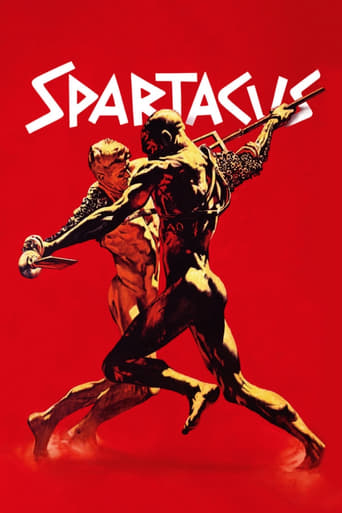
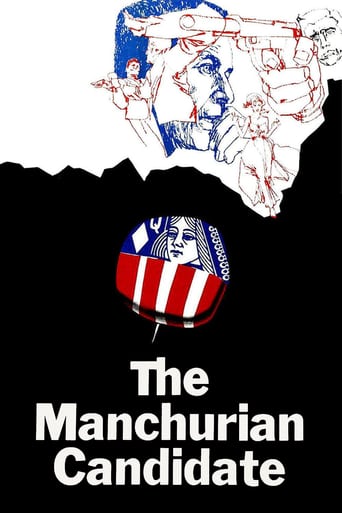
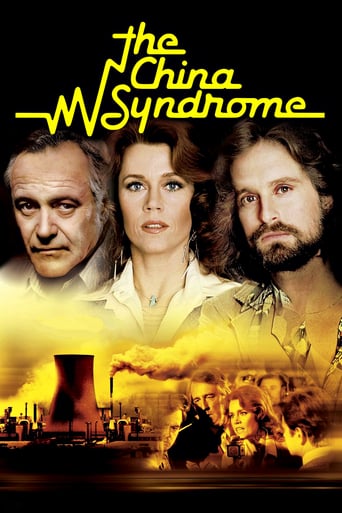
Reviews
Very well executed
Thanks for the memories!
How sad is this?
The film makes a home in your brain and the only cure is to see it again.
This movie goes into depth with the details from the book. (It gives you a visual of the scenes from every act) Summary: It is about Julius Caesar and he is warned to be careful with his life and his wife has a dream of him getting killed. He at first listens but the gets convinced that it was just a dream so he goes to the meeting with the senate.He goes to the senate and they have planned to stab him to death because they believe that he will gain to much power and they fear he will abuse it. The Senate proceeds with their plans and they kill Julius Ceaser.Caesar's funeral comes up and they let Antony speak and Antony tells the whole truth of what they did. Then Brutus tries to convince them that it was done because it was a choice either save Rome or let Julius make them in to slaves. The crowd does not believe him so now Brutus and Casiuss are in hiding trying to protect their life's. At the end Brutus and Casiuss die but not because they are captured but because they choose to die.
I really didn't like the movie even more then i hated the book. For starters the movie was in black and white , everyone looked the same and i was extremely not interested in this film. while reading the book i made pictures in my head of how i thought each character would look but when watching the movie all the characters looked alike to me. The language i think was the hardest thing for me to cope with because i am already not good with big words and having to watch a whole movie with nothing but huge words made me not interested at all. i didn't know who was who or what was going on in both the story and film. I didn't like the fact that the movie was in black and white.i think i didn't really like the movie because i already hated the book which made me not even care to pay much attention to the movie. i think if i payed more attention to the movie i could of understood it a little more but since i didn't ... thats why i was so lost. One thing i do like about the movie was that it was very close to the book we were reading which made me a tiny bit able to be focused. Now looking back i wish i had payed more attention to the story so that i wouldn't be so lost right now trying to write reviews and things on the book.
I didn't really enjoy the movie either . However, it caught my attention more than the book did . Meanwhile , I could understand the movie a little more . This was because I could hear the way the characters were saying their lines and it was clearer then me trying to say it by myself . The movie wasn't a full ten because i couldn't understand it . It was so similar to the book and therefore i struggled . If i had a chance to choose to watch the movie or read the book , I would watch the movie because it is easier and you can get a visual of what is happening . The book was boring and i liked how in the movie , they dramatized some things that would happen .
Since the dawn of the talkies Hollywood had been searching for ways to do justice to the words of William Shakespeare. Now that Laurence Olivier had made his mark with Henry V and Hamlet, the game had been raised considerably. The dilemma of the US film industry was over whether to muster as much English Shakespearean authenticity as they could, or to throw decorum to the winds and make the bard go Hollywood. But this 1953 version of The Tragedy of Julius Caesar brings together experienced and prestigious actors from both sides of the Atlantic with the young, iconic and caustically modern rebel Marlon Brando. How could such a vibrant mismatch work? To find the answer, we have to go back to bard basics. Shakespeare works on a number of levels, and as a result his plays are accessible today despite the archaic and complex wording in them. While few things in a Shakespeare play are stated directly, his lines convey both literal meaning and, through a poetic use of language give the appropriate tone and an impression of what is meant. Characters will often go the long way round to get a point across (for example Casca describing individually each of the three times Caesar put the crown aside, each time exaggerating Caesar's supposed reluctance), in which double meanings and loaded terminology tease clarity out of the flowing speech.Bringing clarity to the meaning of Shakespeare's words is also the job of a creative director, and this applies to both stage and film directors. Doing the job here is one of the best of his day – Joseph L. Mankiewicz. Mankiewicz relies upon professional actors to make an impact, while he himself concentrates on background detail to frame and augment their performance. When he shows Caesar standing before a crowd, the extras in the background are unnaturally still, giving Louis Calhern even more stature and presence. When Cassius and Brutus go to plot Caesar's downfall, the sudden enclosure of the set gives an impression of the privacy of the space, but Mankiewicz still throws in little meaningful additions to the shot that comment on the goings-on. The statues of famous Romans act as surrogates for the presence of the real thing. The billowing cloak of a guard at the end of the corridor gives a bit of dynamic character to certain points in their conversation. During Cassius's powerful soliloquy the moving camera appears to make the ominous, windswept set grow around him.So after the genius of Shakespeare and the craftsmanship of Mankiewicz, it is all down to the talents of the cast. We really do have a delightful line-up here. The thing about all these professionals like Calhern, James Mason, John Gielgud, Greer Garson and Deborah Kerr, is that they all know how Shakespeare is "supposed" to be done. They are able to competently and effectively string the bard's words together into one flowing tapestry. They bring out all the aesthetic beauty in the prose, and this no small or worthless task, and not one of them fails or falters here. Still, it is yet possible to get more from Shakespeare than this.The part of Mark Anthony, while not the largest in the play, is certainly at its moral centre. He is, for want of a better word, the hero; a restorer of justice and the voice of a more just future. It is appropriate then the he be played a little differently. Brando had not done Shakespeare before, and he appears to have taken a fresh approach to the material, viewing Mark Anthony not as a character in the works of the most renowned literary figure the world has ever known, but as an individual to inhabit like anyone else he might play. What Brando really brings to the part is a sense of earnestness. When he delivers his great speech to the masses, his tone is not only commanding – it is decidedly indignant. When he yells the immortal line "Friends, Romans, countrymen, lend me yours ears" he reads it as nothing more or less than a man crying for the attention of the crowd. What Brando does is bring heart and humanity to the pure aestheticism of the play as it exists on paper.Is it sacrilegious to have some hip, method-acting poster boy take on one of the mightiest roles in theatre's grand tradition? There are those who think so – the stage remains to some extent a haven for snobs, but it is their attitudes who are doing Shakespeare a disservice, not the forward-thinking or creative ones. We shall leave the last words to the immortal bard himself, those that he put into the mouth of his antagonist Cassius upon Caesar's murder: "How many ages hence shall this our lofty scene be acted over, in states unborn and accents yet unknown?"

